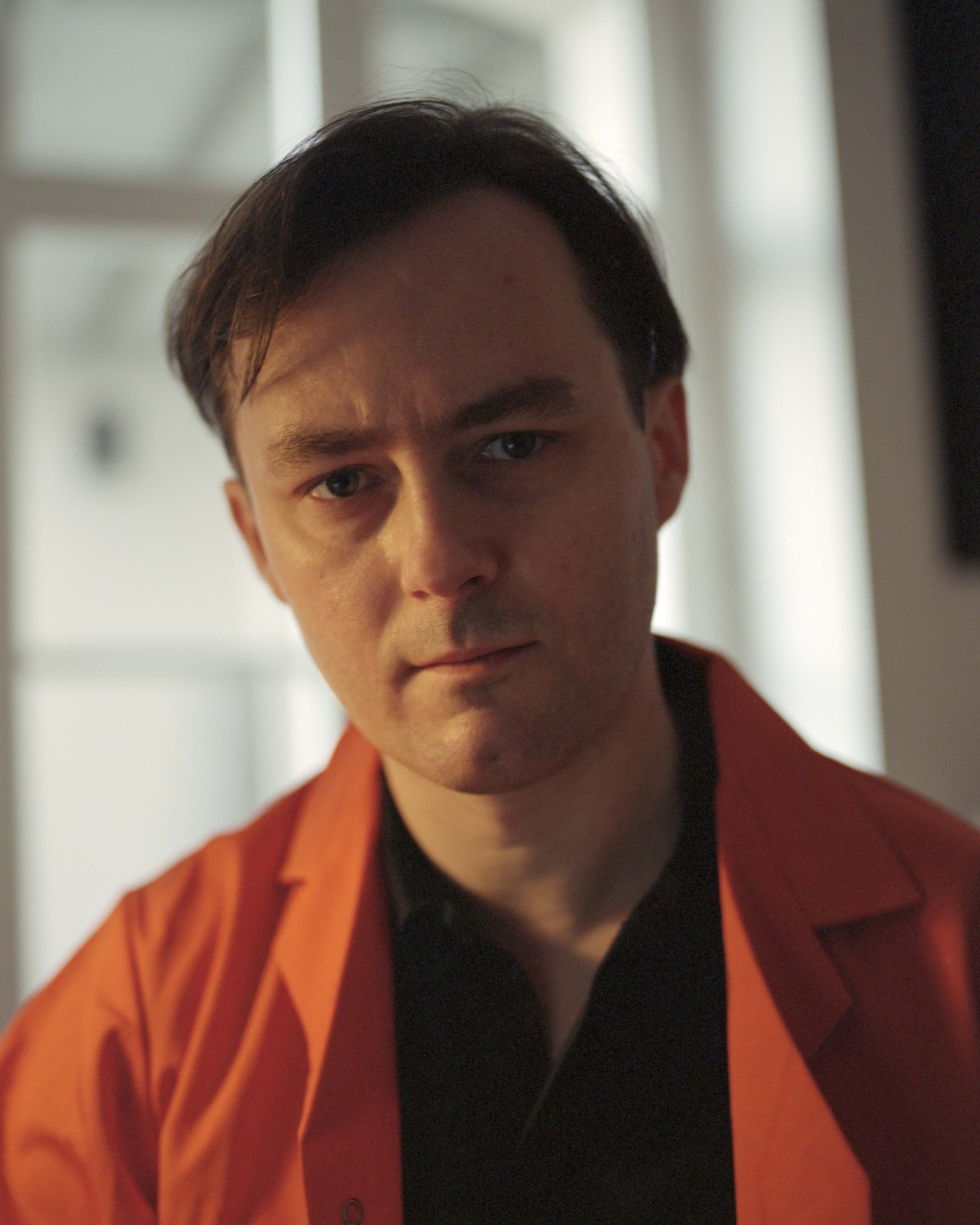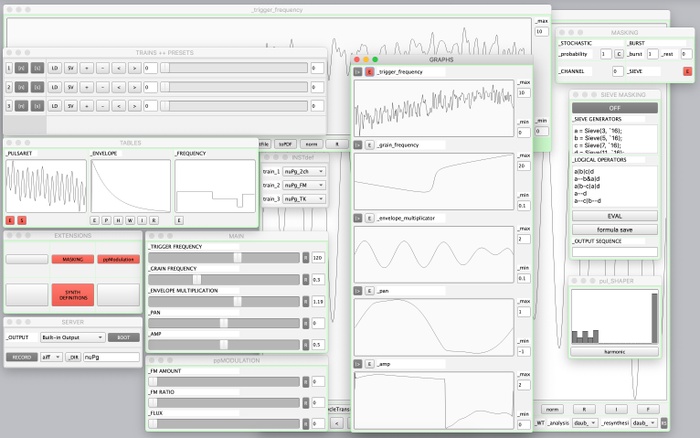Born in Gniezno, Poland; lives and works in Berlin, Germany.
Marcin Pietruszewski is a genre-defying composer and researcher. With a background in philosophy and linguistics, he experiments with both traditional and conceptual approaches to music composition. Pietruszewski works with digital synthesis and algorithmic composition, often taking techniques from the history of electroacoustic and computer music as his point of departure.
Pietruszewski’s first forays into music came at an early age. His older brother demonstrated a dexterity with programming and coding, which allowed Pietruszewski to turn to the computer as a means to experiment with his first compositions. By the age of seventeen, he was producing sound pieces for a local theatre group in his hometown of Gniezno, Poland. Shortly thereafter, German musician and producer Marcus Schmickler held a workshop in Poland for electronic producers. Pietruszewski applied and was accepted as the youngest participant. Pietruszewski and Schmickler quickly developed a friendship; over time, Schmickler became Pietruszewski’s mentor and frequent collaborator.
Pietruszewski is the creator of New Pulsar Generator (nuPG), a program designed to synthesize microsounds. Microsounds are barely perceptible because of their short durations, which range from several hundred microseconds (one millionth of a second) up to about 100 milliseconds (one thousandth of a second). Pietruszewski describes the nuPG program as a sieve that captures these miniscule segments of sound and transforms them into audible textures and rhythmic structures.
Pietruszewski’s electronic experiments insist on sound’s place within histories of technology, culture and science. In an interview with The Wire, Pietruszewski explained, “I’m more and more interested in thinking about sound synthesis techniques as cultural objects: windows into technological, historical, aesthetic and discursive contexts.” In his 2016 book Against Ambience, Seth Kim-Cohen argued that sound art has always been critically understood through an experiential lens that emphasizes sound’s physicality at the expense of its conceptual and linguistic depth. Though deeply material, Pietruszewski’s compositions refuse to be understood on purely formal terms.
As a sound studio resident, Pietruszewski will be working on a new composition commissioned by CTM Festival, which will premiere as an audio installation at the Berlin events space VOLLGUTLAGER in September. He will also be working on the production of a new record, The New Pulsar Generator Volume 2, which involves collaborative recording sessions.
Born in Poland in 1984, Marcin Pietruszewski is a composer and researcher. He works independently and in collaboration with artists such as Marcus Schmickler, Florian Hecker, Jules Rawlinson, Lauren Sarah Hayes, and BOAR collective. He has recently released three records in 2020: The New Pulsar Generator Volume One(fancyyyyy), Auditory Sieve (ETAT) and Groups: Articulations of the Real (Superpang).
Pietruszewski also has experience as an educator, teaching courses on digital instrument design, digital signal processing, and sound theory. He has taught at The Reid School of Music at the Edinburgh College of Art and The University of Edinburgh’s Design Informatics program. His texts on computer music histories, aesthetics, and technology have been published by institutions including Hatje Cantz and the ZKM|Zentrum für Kunst und Medien Karlsruhe.
Currently, Pietruszewski is a Research Fellow at the Northumbria University’s Department of Computation and Information Sciences in Newcastle, UK. His research focuses on the design and theory of computational auditory models and the sonification of scientific data. Pietruszewski lives and works in Berlin.



